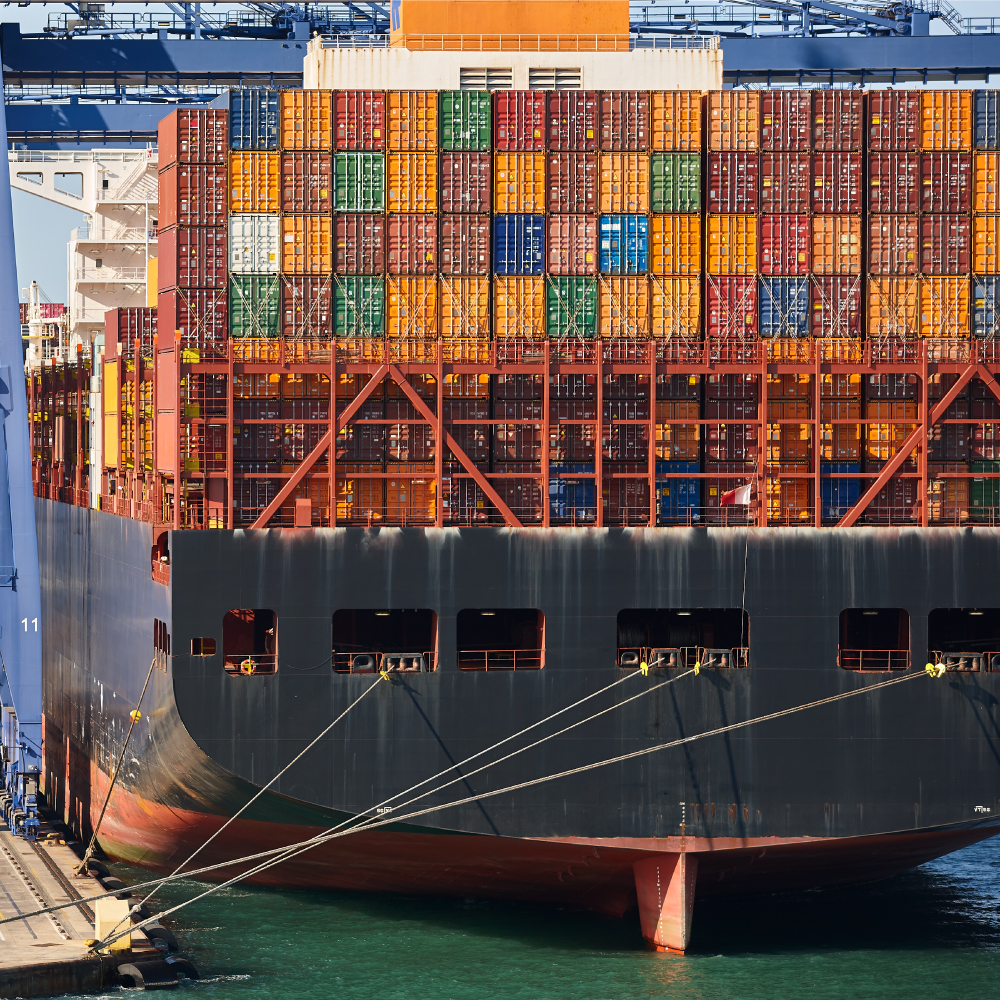Freight insurance isn’t just peace of mind; it’s the lifeline that keeps your cargo and your business afloat. When you choose Consignmate’s reliable coverage, you’re safeguarding your shipments against the unpredictable. Secure your cargo today and sail through transit with confidence.
Freight insurance, often referred to as cargo insurance, is a type of insurance coverage that provides financial protection for shipments of goods and cargo during transit. It is designed to safeguard against various risks and potential losses that can occur while goods are in transit from one location to another.
Freight insurance is essential for businesses and individuals involved in shipping and logistics, as it helps mitigate the financial impact of unforeseen events and accidents during transportation.
1.Coverage for Loss or Damage: Freight insurance typically covers losses or damages to cargo during transportation. This can include damage from accidents, theft, vandalism, natural disasters, fires, and other unforeseen events.
2.Legal Requirements: In many cases, freight insurance is required by law or contract, especially when dealing with international shipments or specific industries. It ensures that both the shipper and the recipient are financially protected in case of any mishaps.
3.Types of Cargo Covered: Freight insurance can cover a wide range of cargo types, including goods transported by land (trucks), sea (ships), air (planes), and rail (trains). It can be tailored to suit the specific needs of different industries and types of cargo.
4.Premiums and Deductibles: Like other insurance policies, freight insurance requires payment of premiums. The cost of premiums can vary depending on factors such as the value of the cargo, the mode of transportation, the distance travelled, and the level of coverage. There may also be deductibles, which are the out-of-pocket expenses that the insured party must pay before the insurance coverage kicks in.


5.Claims Process: In the event of loss or damage to cargo, the insured party must file a claim with the insurance provider. The claims process typically involves documenting the damage or loss, providing proof of the cargo’s value, and submitting the necessary paperwork to initiate the reimbursement process.
6.Types of Policies: There are different types of freight insurance policies available, including all-risk policies, which cover a wide range of risks, and named perils policies, which specify the specific risks covered. Shippers can choose the type of policy that best suits their needs.
7. Freight Forwarders’ Liability vs. Shipper’s Interest Insurance: It’s important to note that there is a distinction between the liability of freight forwarders (companies that arrange transportation) and shipper’s interest insurance. Freight forwarders may have limited liability for cargo loss or damage, so shippers often purchase shipper’s interest insurance to bridge potential gaps in coverage.
Did you know that without dependable freight insurance, businesses can be left vulnerable to unforeseen circumstances?
Let the numbers speak for themselves. Statistics reveal that a significant percentage of shipments encounter unexpected incidents during transit, leading to financial losses. With reliable freight insurance in place, you can protect your cargo and your bottom line. It’s not just a smart choice; it’s a necessity for the modern logistics landscape.

Freight insurance is a type of coverage that protects your cargo against various risks during transit. It’s essential because it safeguards your investments and provides financial security in case of unexpected incidents.
Freight insurance can cover a wide range of cargo types, including goods transported by land, sea, air, and rail. It can be tailored to suit the specific needs of various industries and cargo types.
The cost of freight insurance varies depending on factors such as the value of the cargo, the mode of transportation, the distance travelled, and the level of coverage. Our competitive pricing ensures you get cost-effective options.
While reputable carriers prioritise cargo safety, they may have limited liability. Freight insurance provides an added layer of protection, bridging potential gaps in coverage and offering peace of mind.
Filing a claim for damaged or lost cargo involves documenting the damage, providing proof of the cargo’s value, and submitting the necessary paperwork. Our claims process is designed to be straightforward and efficient.
Yes, you can. We’ve integrated with FreightInsure, allowing you to purchase insurance in seconds while booking your shipments through our user-friendly platform.
Absolutely. Our freight insurance coverage extends to both domestic and international shipments, ensuring your cargo is protected regardless of the destination.